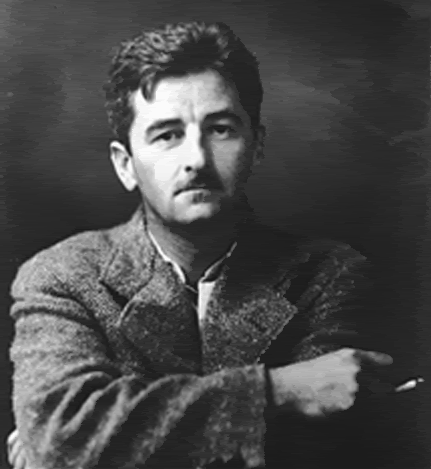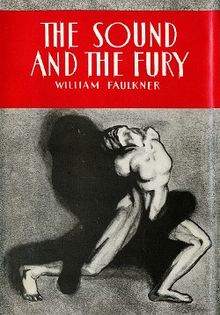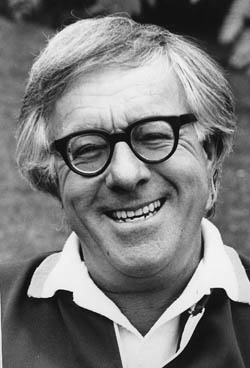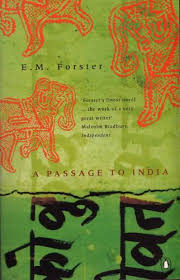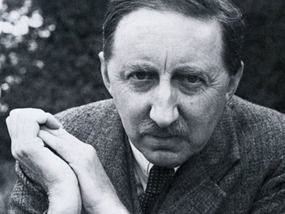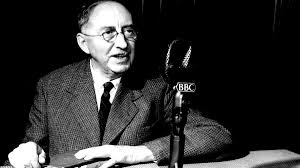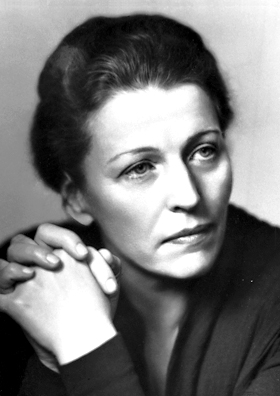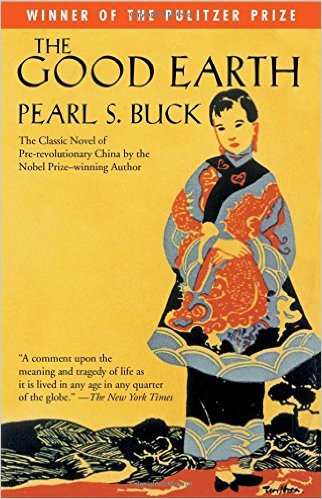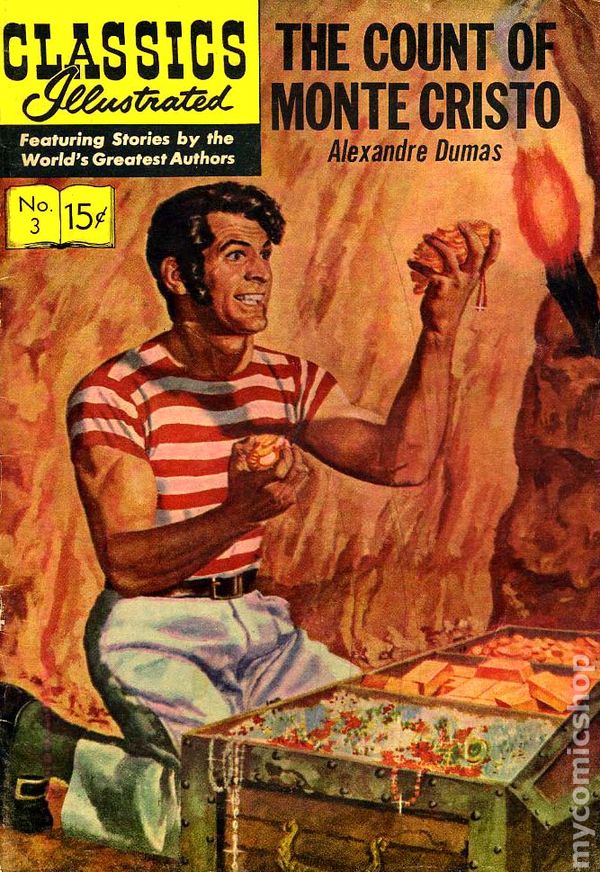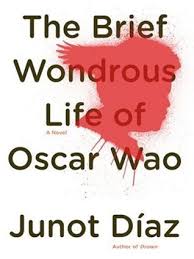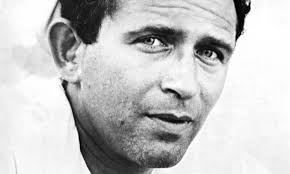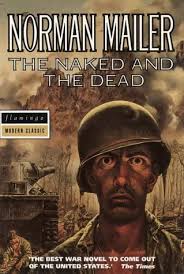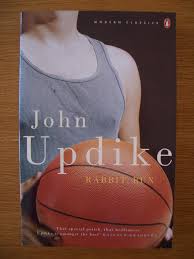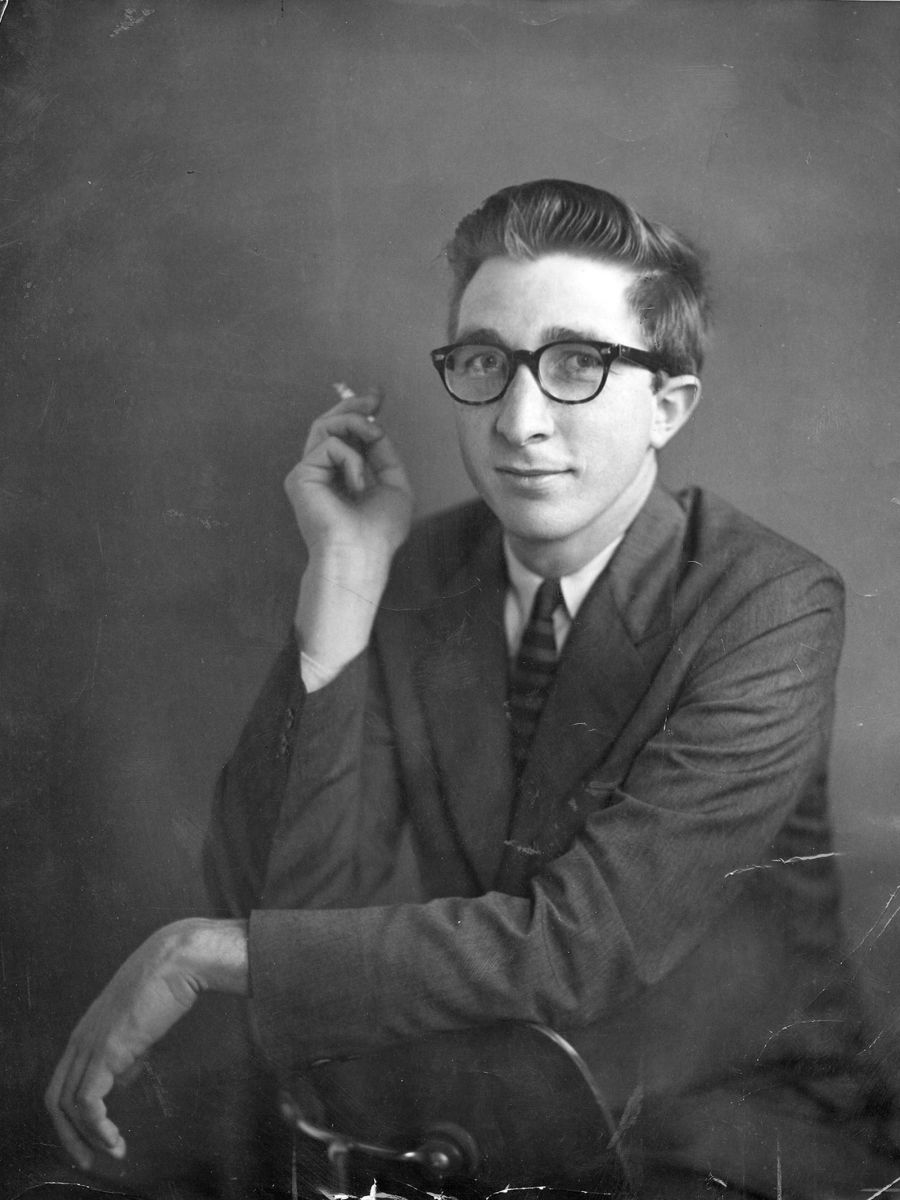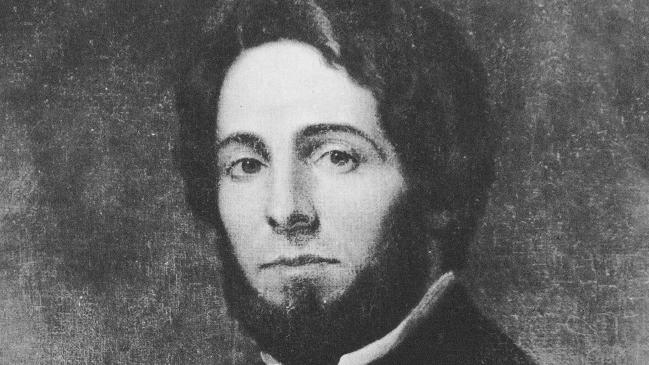 Not infrequently we nominate a book that has everyone at the table rubbing their palms together and giggling like Christmas morning. Moby Dick was such a book, although some did not wear their big boy pants to Athenaeum and complained about the length.
Not infrequently we nominate a book that has everyone at the table rubbing their palms together and giggling like Christmas morning. Moby Dick was such a book, although some did not wear their big boy pants to Athenaeum and complained about the length.
Nathan gave the opening sermon, er, essay in that open-throated hand-extended admonitory we have come to enjoy, summoning the bleak and impaling gravitas of the sermon on Jonah attended by Ishmael before embarking on his voyage.
After not very many minutes, diverting early to ribald matters as this august body is want to do, we fell to debating the impossibly droll subject of whether Melville intended to suggest a homosexual motif, that seafaring cliche’, in the scene in which Ishmael and Queequeg shared a bed, or in the hand-touching scene in which all shipmates were joined in the joyous, manual pulverizing of the waxy viscera known as spermaceti retrieved from the head cavity of the harpooned and dissected Sperm Whale.
While homosexuality is nothing new, and while homosexual references have been included (normally in veiled form) in literature centuries before Melville, such history notwithstanding, it is the privilege of this writer to record his own and a minority of other members’ opinion that, far from the bromide suggestion that actual gay sex acts were a leisure time activity among the shipmates (as mariner lore tells us must happen when any two men find themselves on a boat together), it was a common literary device in which men are placed in an awkward proximity to each other for a humorous effect rather than to plant in the reader’s mind the unsavory information that maritime buggery was prevalent among the berths of the Pequod. Now on to the story.
What sort of literature is Moby Dick? Suggestions include: a travelog, technical study of the whaling industry, a praise song to the glory and virtue of whaling. All agreed that the book is allegorical at some level; Melville himself alludes to the many symbols operating in the life and experiences of the whaler.
The name of the clever commenter who suggested that the Pequod is equivalent to America’s drive to industrialism is now forgotten. But the dictum that man is a money-making animal was useful for the observation that the whaler’s wanton utilization, commodification, and ultimately destruction of life and creation is a parody of the contemporaneous explosion of the fires of industry.
Starbuck: the upstanding family man, working faithfully for the company, is the foil to Ahab, the crazed, homicidal, suicidal prodigal whose vengeance and blood thirst knows no limit. What a poignant moment when the two men’s gazes lock and find for a moment a connection as Ahab sees Starbuck as a real man, sees his family, his humanity. The encounter only adds to the mystery of Ahab’s psychology.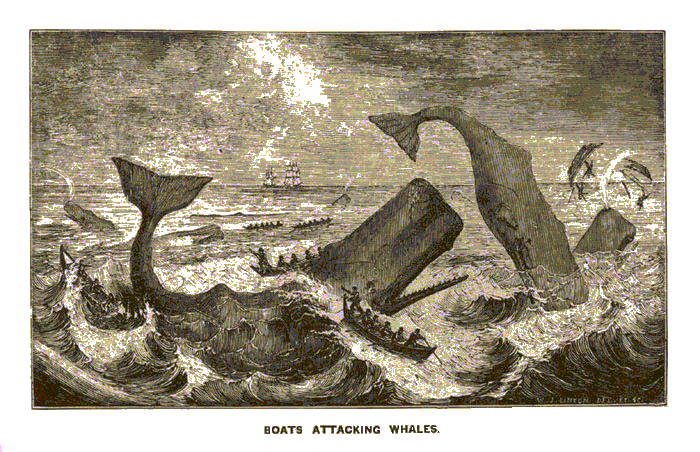
Is Ahab all of us? Humans pursuing a course they know is damned? Observation was made by John that the name Pequod seems uncannily close to the Old Testament word “pekod” or “judgment” from the book of Jeremiah. But rarely content with one dimension, Melville’s ship was also the name of an Indian tribe destroyed in the 1600’s.
Moby Dick defies nailing down. There is no key to explain the book, no easy symbolic code. Allegorical it would seem, but allegory of what? The associations and connections are such a web of complexity that can be interpreted in any way with at least some success. Is it about religion? American industrialism? money? the whaling trade? man vs nature? human nature? Is the Great White Whale God and Ahab modern mankind who would eliminate him as an unwanted relic of an ancient world? Who can say.
It cannot be about the ‘glory of whaling’ because on one hand he talks about the honor of the trade, while on the other he describes the horrific scenes of hunting and processing the slaughtered beast. Someone said, Melville serves it up with both hands.
Ahab is the man of reason and the man driven by passions, contrary to reason. There just seems to be no end to the dimensions of this book.
I add as a conclusion my thoughts that Ahab’s quest, with many men in his train, is punctuated, especially toward the end, with a note of the inevitability of fate and the mockery of opportunities of repentance for one whose destiny is sealed. Recall that Ishmael is a Presbyterian, a Calvinist. As the ship’s last days pass before the final encounter, nature gives them respite of warmth and clear skies, brushing away their fury and offering them an opportunity to abandon the damned quest. Everyone feels the beneficent breezes of sanity restored momentarily. Other passing ships urge them to retreat, offer opportunity to join a reasonable mission. It is as if all creation for a time set the past behind and summoned the men to rejoin the community of divine favor. Yet the Pequod’s fate is confoundingly set. Was the offer of repentance real or a dream? Was human responsibility operative or the immutable decree of heaven? The old theological paradox is as impenetrable in Moby Dick as it ever was.
The book was unanimously praised. Nevertheless, some trolls among us spoke the equivalent of Emperor Joseph II saying to Mozart that his symphony had too many notes and that he should just cut a few. We reply as Mozart did (at least in the movie): which notes did you have in mind?
Next book: A Passage to India

